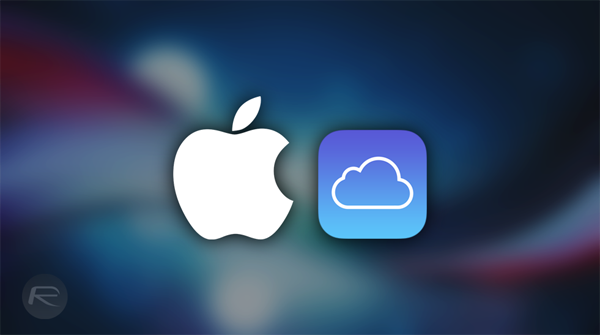Last week, numerous celebrities found themselves victims of a widespread hack, and although Apple stepped out with a statement to swiftly deny any wrongdoing, CEO Tim Cook did outline the company’s intention to strengthen up security. As a number of users have already discovered, though, some of these improvements are already in place, with email notifications going out to users when a password change is or device restore is attempted, as well as when a login from a new device occurs.
The massive cyber scandal caused major privacy concerns among iCloud users, and with Apple scrambling to prepare for the big announcement of the iPhone 6 tomorrow, the event couldn’t really have occurred at a worse time. Even though Tim Cook and his army has stepped out and dispelled any notion of fault, the onus is definitely on the company to fine tune security measures, and just over a week after the saga went viral, those measures are being put into place.
The new email confirmations are particularly useful when a new browser has been used to log into iCloud.com. For when an uneventful incident is taking place, it’s unlikely to occur on the browser owned by the user in question, but with this added step, folks will know immediately if somebody is trying to access their content.
iCloud’s name being dragged through the mud is especially untimely given some of the new products Apple is set to roll out tomorrow. It would be bad enough on the eve of any major launch, but with mobile payments set to become an integral part of the iPhone 6’s feature set, those with concerns will naturally be skeptical about processing payments through an Apple system.
These new steps do provide some peace of mind, but the jury will still be out, and much like the botched launch of iOS 6, which was hampered due to Apple Maps, there’s a real risk that the ceremonious introduction of the iPhone 6 could me hindered by these lingering iCloud-related concerns.
Still, we fully expect Apple to continue strengthening the iCloud infrastructure, and as well as using a strong, hard-to-guess password, users are always advised to use two-step verification.
We’ll be watching Apple’s continued moves with regards to iCloud, so stay tuned!
You can follow us on Twitter, add us to your circle on Google+ or like our Facebook page to keep yourself updated on all the latest from Microsoft, Google, Apple and the web.

